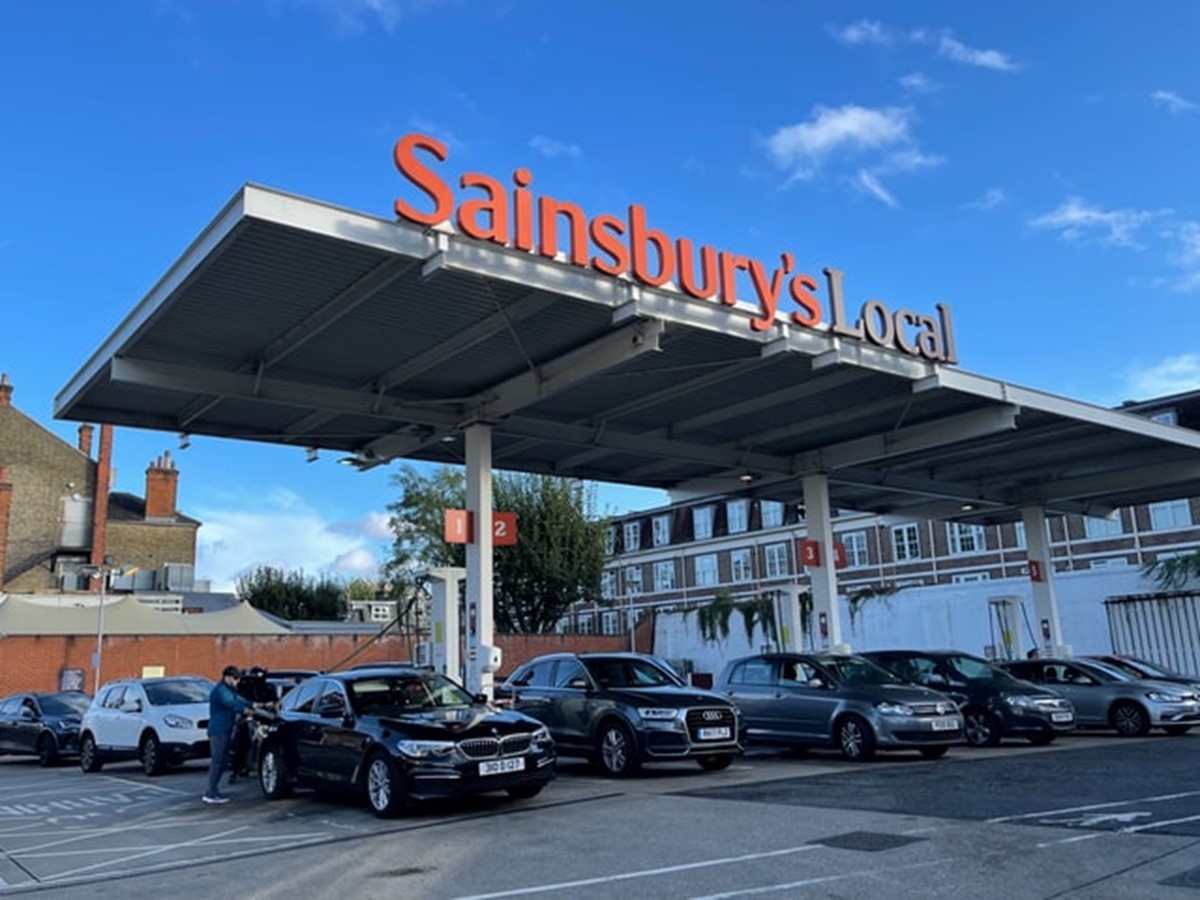Throughout the spring, those murmurings became a crescendo. All seven of our polling segments now say the cost of living is their number one concern. At the same time, people’s stories in focus groups about the toll price rises are taking have become far bleaker. No longer is it just cutting back on the luxuries, instead we hear how people are taking on second jobs at the weekend to make ends meet, being forced to sell the family home they can’t afford to heat, or having to fight to prove their children are eligible for free school meals — as Fiona in Wakefield told us last week.
Those stories aren’t just from those we might typically think of as poor or economically insecure — instead, these are also the experiences of double-income families, middle-class parents and previously comfortable pensioners. While the focus of any intervention must be on those struggling the most, it’s clear the cost-of-living crisis is making life harder for families across the social spectrum. As Fran, a young teacher from Wandsworth told us, only half-jokingly, last month ”we’re going to have to stay in on the weekends and read by candlelight…”
It might be tempting to think, then, that the cost of living has knocked partygate off the agenda. But as we await Sue Gray’s report, party-gate and the cost of living have in fact become intertwined in the public’s mind. For many, the parties speak not just to a culture of rule-breaking, but to a political class that is out of touch and doesn’t understand their concerns. The public finds it hard to conceive of how a group of people who indulged in wine-and-cheese-fuelled parties while the rest of the country struggled in lockdown, can now understand their struggles with the cost of living.
But there is good news for the Treasury. Firstly, while the public grows increasingly frustrated at the lack of action on the cost of living, they don’t blame the government for price rises, acknowledging that post-pandemic trade opening up and the war in Ukraine are hitting economies across the world. Secondly, unlike most of us in Westminster, the public doesn’t view the cost-of-living crisis through a political lens — most people won’t care about u-turns, or that the windfall tax was originally Labour’s policy. Instead, they just want to see action, and a government package that really helps is likely to be met by a more forgiving public than many in the commentariat might expect.
But if recent briefings are to be believed, the danger is that the government instead chooses to focus on wedges and culture wars as a way of beating back the Labour Party. As Scott Morrison’s campaign shows, wedges aren’t always winners. And you don’t have to go as far as Australia to see that. Last week, the voters we spoke to in Wakefield told us they were exhausted with the government — they didn’t want more rows, they wanted more help. And while there was no deep love for the Labour party, these voters were of the view that if there isn’t proper help with the cost of living, a change can’t be worse than what we’ve got.
Luke Tryl is UK Director of More in Common
